Indonesia at the Crossroads
Many In Stock
After a swift and bloody regime change in 1998, Indonesia established democratic institutions. Democratization over the first two decades of the 21st century fundamentally transformed Indonesia as a nation-state; and with a population of approximately 270 million as of 2020, Indonesia is the third largest democracy in the world. This book presents twelve original chapters to discuss the achievements and challenges of Indonesia’s transformation since the fall of Suharto’s authoritarian regime in 1998.
The fundamental transformation from an authoritarian to a democratic system is analyzed by researchers, experts, and NGO officials from various academic disciplines and from Asia at large (Japan, Korea, and Indonesia). Specific topics include: how Reformasi changed the structure of the Indonesian state and affected the daily lives of its citizens; the extent to which the Indonesian economy has developed beyond economic indicators; why and what problems continue to exist despite institutional changes and the relative freedom of Indonesians.
Part I, “Governance and Social Dynamics,” includes four chapters describing changes in institutions and social conditions since democratization in 1998. Part 2, “Paths to Equality,” presents four chapters that examine the economic context of development policies to address poverty, inequality, and productivity, which are critical for Indonesia to escape the middle-income country trap. Part III, “Structural Challenges,” consists of four chapters that discuss corruption, human rights practices, and security and military reform. Each paper acknowledges the institutional development achieved by the Indonesian government since 1998, then addresses challenges that may impede democracy taking root in Indonesian society.
The Indonesian experience of democratization is especially noteworthy in a context in which Islamic societies historically have struggled with democracy and as many neighboring Southeast Asian countries are becoming less and less democratic.
About Editors and Authors
Okamoto Masaaki, the editor of this book, is Professor at Center for Southeast Asian Studies (CSEAS), Kyoto University. He holds a Ph.D. from Kyoto University, Japan.
Jafar Suryomenggolo. the editor of this book, is associate member of Centre Asie du Sud-Est (CASE), Paris, France, and Visiting Research Fellow at the Institute for Southeast Asian Studies, Jeonbuk National University, South
Korea.
Table of contents
Table of Contents
List of Tables
List of Figures
Acknowledgments
Introduction
Part 1: Governance and Social Dynamics
Chapter 1: Managing Multiculturalism in 21st Century Indonesia amid Ethnic and Religious Diversity
By Thung Ju Lan
Chapter 2: Post-Reformasi Dynamism of the Urban Landscape: A Visual Report of the Street Art of Yogyakarta
By Brigitta Isabella
Chapter 3: Religious Intolerance after Reformasi: Violence against the Shia Community in Sampang Regency, Madura
By Kayane Yuka
Chapter 4: The Uneasy Road to Peace: Papuanization and the Politics of Recognition
By Rosita Dewi
Part 2: Paths to Equality
Chapter 5: The Dynamic of Education Outcome in Decentralized Indonesia (2000–2014)
Show More >
Table of Contents
List of Tables
List of Figures
Acknowledgments
Introduction
Part 1: Governance and Social Dynamics
Chapter 1: Managing Multiculturalism in 21st Century Indonesia amid Ethnic and Religious Diversity
By Thung Ju Lan
Chapter 2: Post-Reformasi Dynamism of the Urban Landscape: A Visual Report of the Street Art of Yogyakarta
By Brigitta Isabella
Chapter 3: Religious Intolerance after Reformasi: Violence against the Shia Community in Sampang Regency, Madura
By Kayane Yuka
Chapter 4: The Uneasy Road to Peace: Papuanization and the Politics of Recognition
By Rosita Dewi
Part 2: Paths to Equality
Chapter 5: The Dynamic of Education Outcome in Decentralized Indonesia (2000–2014)
By Abdul Wahid Fajar Amin
Chapter 6: Understanding Metropolitan Poverty: The Profile of Poverty in Jabodetabek
By Asep Suryahadi and Cecilia Marlina vi
Chapter 7: Between Land Tenure Security and Agricultural Production: Problems of Farmland Liquidation in Rural Java
By Ernoiz Antriyandarti and Susi Wuri Ani
Chapter 8: Fiscal Policy and Infrastructure Development: A Reflection of the Two Decades after the 1997 Financial Crisis
By Maxensius Tri Sambodo and Latif Adam
Part 3: Structural Challenges
Chapter 9: Corruption and Anti-Corruption: Major Challenges to Reform
By Adnan Topan Husodo
Chapter 10: Beyond the Enclave? Human Rights Promotion Strategies in Post-Reformasi Indonesia
By Suh Jiwon
Chapter 11: Return Strategy of the State: Re-taming Private Security Providers in Democratized Indonesia
By Okamoto Masaaki
Chapter 12: Intelligence Apparatus after Suharto: A Troubled Reform
By Muhamad Haripin and Diandra Megaputri Mengko
Concluding Remarks
By Jafar Suryomenggolo and Okamoto Masaaki
Index
Contributors
< Show Less
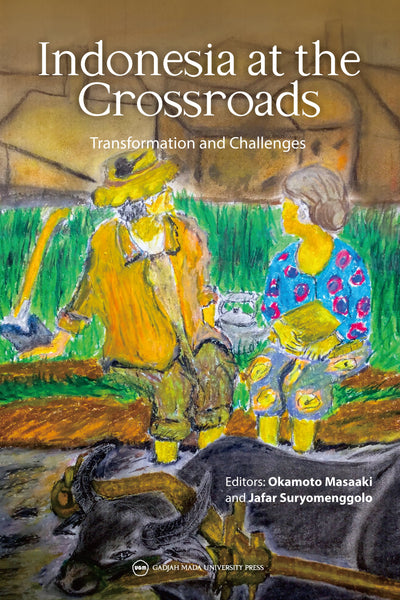
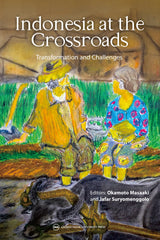
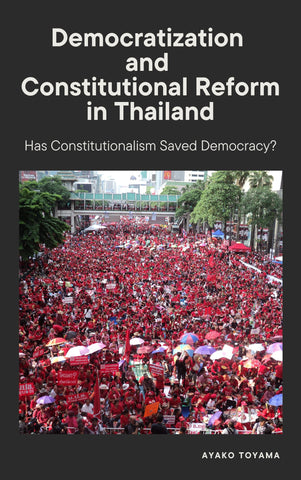
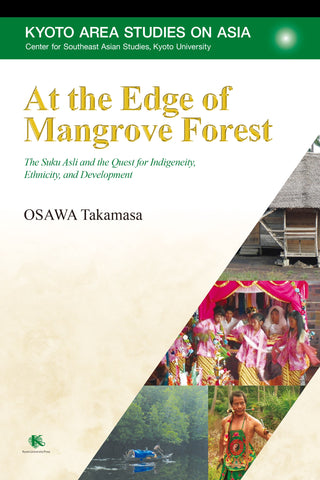
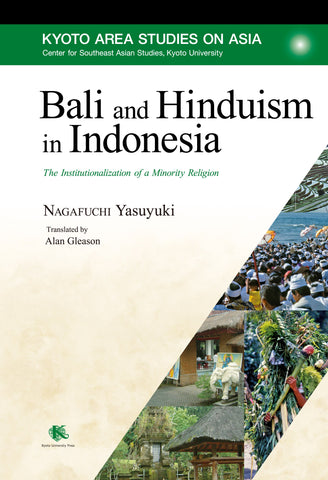
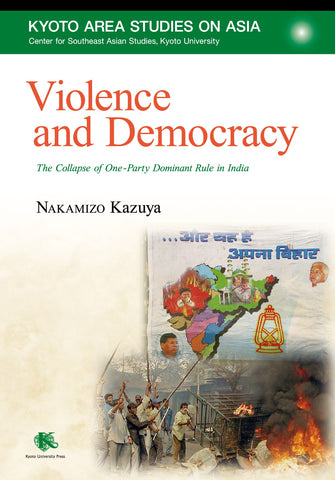
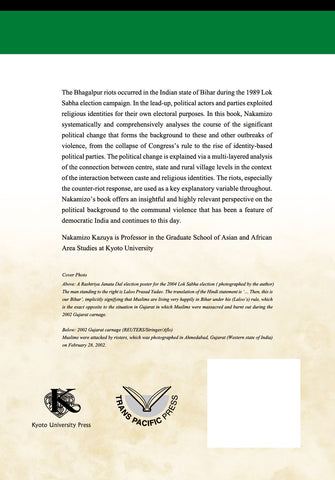
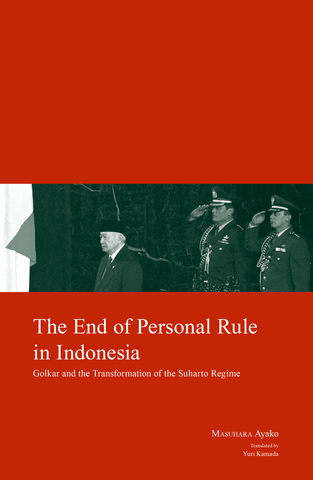
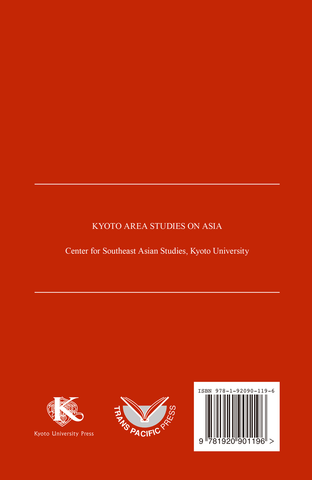
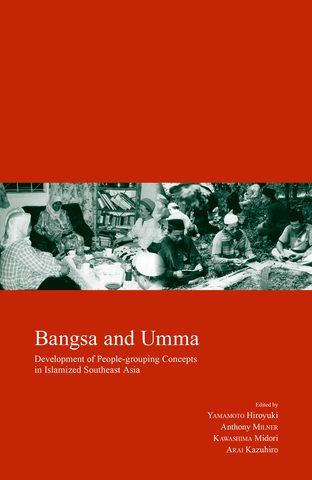
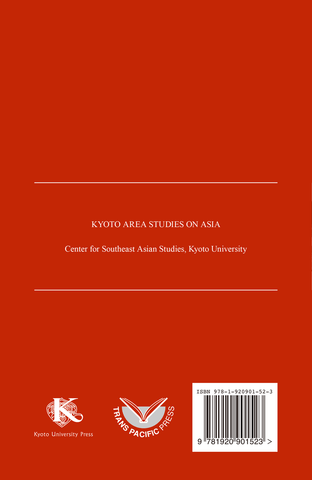
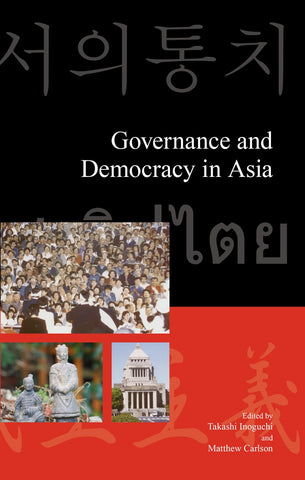
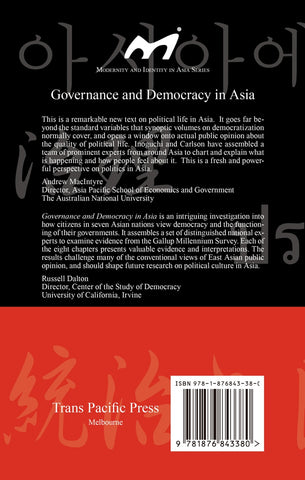
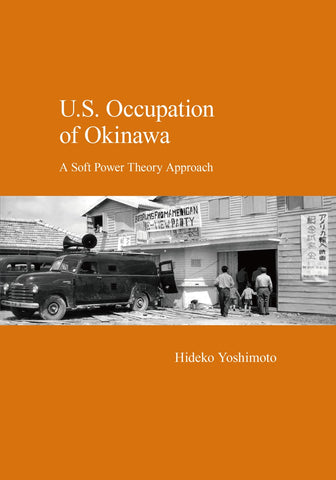
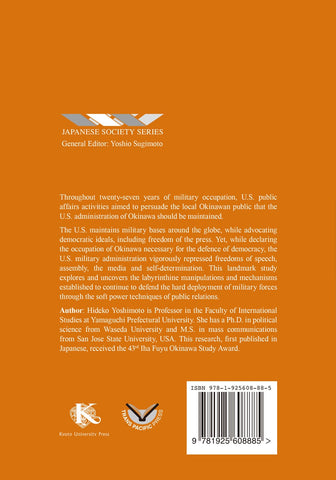
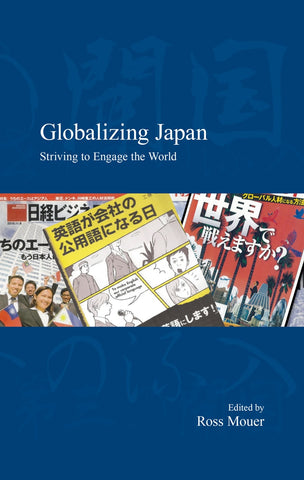
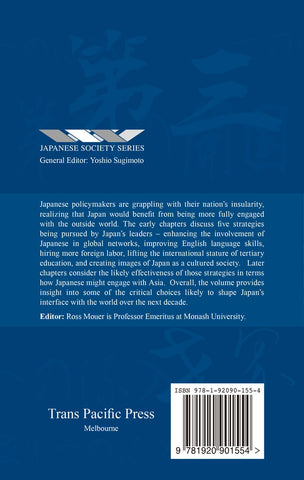
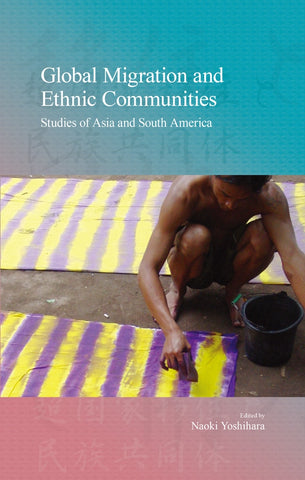
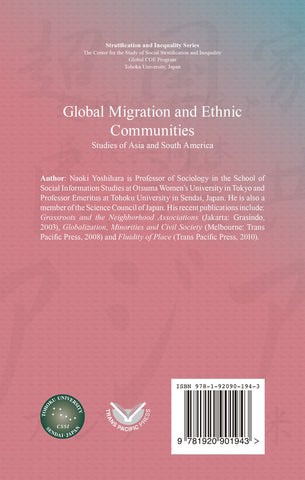

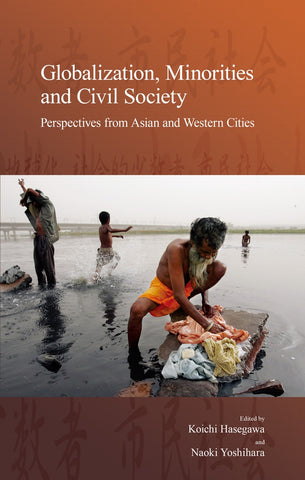
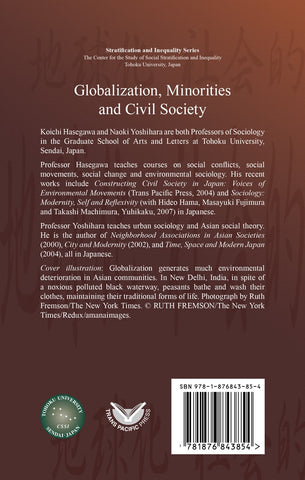
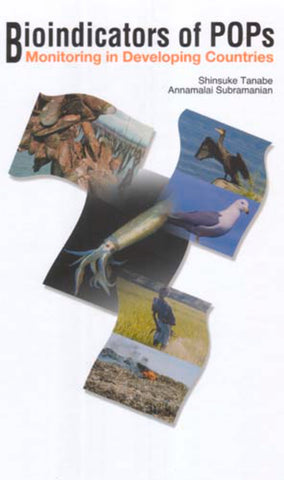
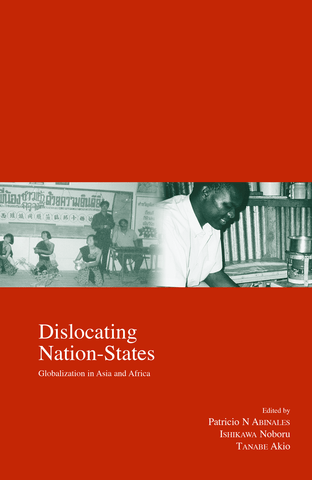
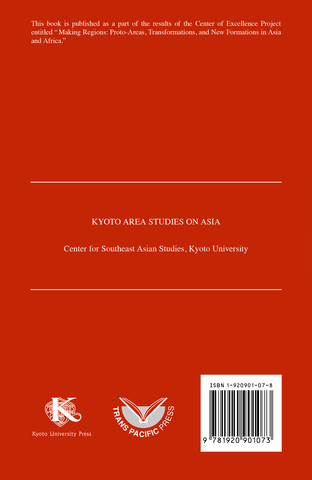

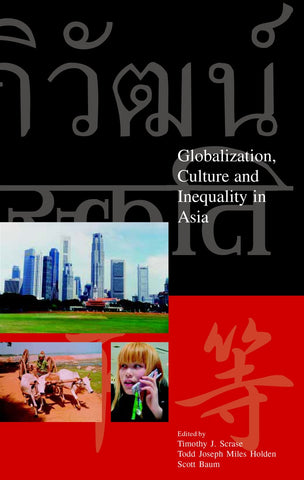
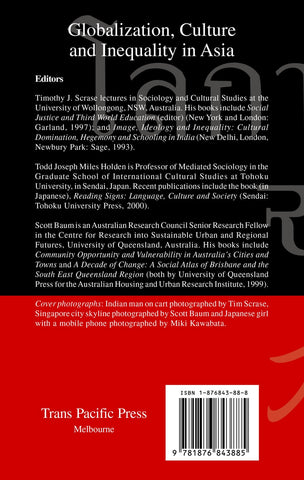
Customer Reviews